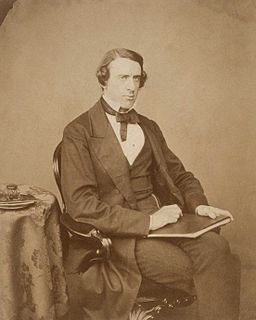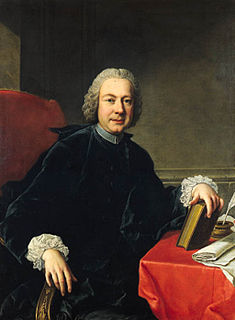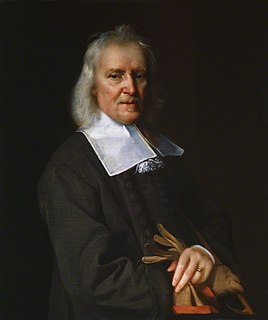A Quote by Marcus Tullius Cicero
No one sees what is before his feet: they scan the tracks of heaven.
Related Quotes
The artist should paint not only what he sees before him, but also what he sees within him. If, however, he sees nothing within him, then he should also refrain from painting that which he sees before him. Otherwise, his pictures will be like those folding screens behind which one expects to find only the sick or the dead.
My music represents walking on train tracks in the middle of the woods, somewhere in the middle of nowhere. You walk down the tracks and you're walking every two tracks, and you've got your headphones on, and on both sides you've got forest, and in your rear is this long line of train tracks that's weaving through the woods. It's a very cool place, to walk along the train tracks because of the rhythm of walking every few feet through the woods. It's a good place to go dream.
This is how one pictures the angel of history. His face is turned toward the past. Where we perceived a chain of events, he sees one single catastrophe which keeps piling wreckage and hurls it in front of his feet. The angel would like to stay, awaken the dead, and make whole what has been smashed. But a storm is blowing from Paradise; it has got caught in his wings with such violence that the angel can no longer close them. This storm irresistably propels him into the future to which his back is turned, while the pile of debris before him grows skyward. The storm is what we call progress.











































